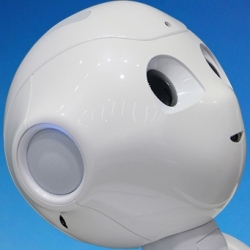
An AI system has correctly predicted the outcomes of hundreds of cases heard at the European Court of Human Rights, researchers claim. The AI predicted the verdicts to an accuracy of 79%, according to the scientists involved. AI is increasingly being used in fields such as journalism, law and accountancy.
But critics said no AI would be able to understand the nuances of a legal case. The study, which was conducted by researchers at University College London and the universities of Sheffield and Pennsylvania, does not spell an end to lawyers, the researchers said.
"There is a lot of hype about AI but we don’t see it replacing judges or lawyers any time soon. What we do think is they’d find it useful for rapidly identifying patterns in cases that lead to certain outcomes," said Dr Nikolaos Aletras, who led the study at UCL.
To prevent bias and mislearning, the team selected an equal number of violation and non-violation cases for the AI to learn from.
"Ideally, we’d test and refine our algorithm using the applications made to the court rather than the published judgements, but without access to that data we rely on the court-published summaries," said co-author Dr Vasileios Lampos.
The algorithm tended to get judgements wrong when there were two similar cases – one a violation and one not, suggesting that the platform was not able to detect the finer subtleties of the law. The next stage for the researchers is to test the system with more data.
"There is no reason why it cannot be extended to understand testimonies from witnesses or lawyers’ notes," Dr Aletras told the BBC.
Increasingly law firms are turning to AI to help them wade through vast amounts of legal data.
